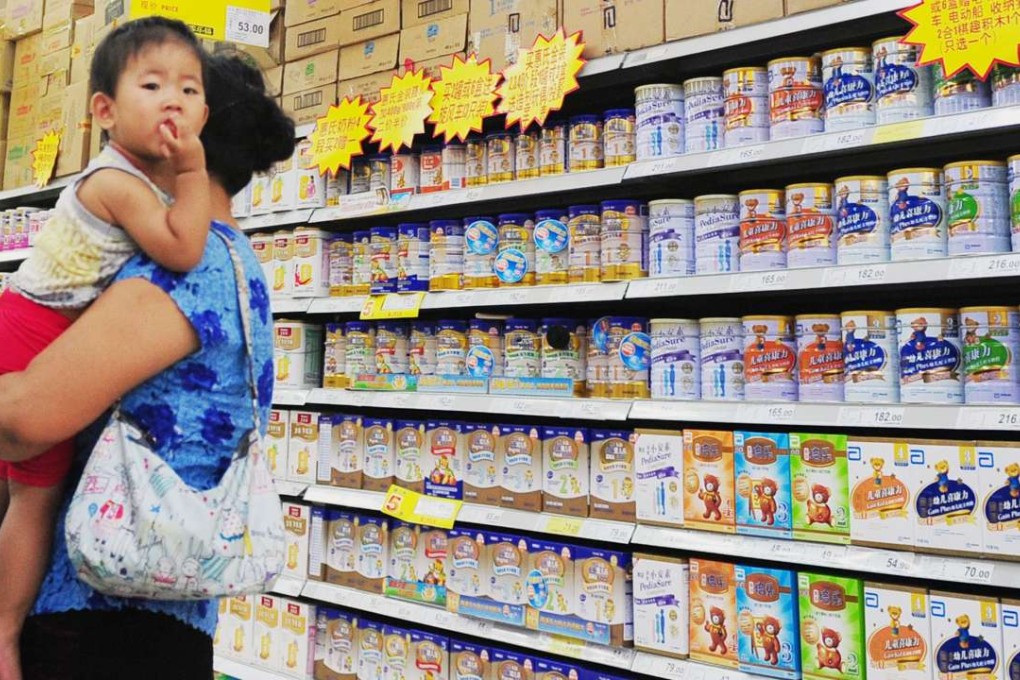Across The Border | China’s new baby milk scandal to trigger tighter cross-border e-commerce rules

An escalating counterfeit scandal on infant formula has triggered panic among consumers, dealing a blow to China’s baby formula industry. Analysts say unregulated sales channels, in particular e-commerce channels, may be one of the key reasons behind the high frequency of counterfeits, which could cause considerable damage to brand names.
Chinese authorities have also signalled tighter regulation of e-commerce channels for baby formula, which could boost domestic operators that mainly rely on offline channels and business-to-consumer (B2C) flagship stores in the medium to long term.
The country’s food safety regulator – China Food and Drug Administration (CFDA) – confirmed on Wednesday that a baby formula factory has produced more than 17,000 tins of fake Similac and Beingmate milk powder by repackaging cheap but conforming products with counterfeit labels. Similac is a popular formula line under New York-listed Abbott Laboratories while Beingmate is one of China’s largest baby formula producers.
The CFDA didn’t clarify whether other brands were involved in the counterfeiting, but said the bogus products have already reached the market across the nation and an investigation is under way to track them. It also urged consumers “not to panic” and claimed the counterfeits have no “(food) safety risks”.
The scandal followed a surprise announcement by Danone Nutricia last week that it had stopped supplying Karicare baby formula in China. Although Danone Nutricia did not give any reasons for the exit, analysts said the brand has been suffering a sales decline ever since its involvement in the botulism contamination scare in 2013. A rising number of Karicare knockoffs in the market only made matters worse.
